A stain on the conscience of humanity: the second Turkish invasion of Cyprus in 1974
Turkey’s horrific invasion of the northern area of the Republic of Cyprus on 20 July 1974 is usually remembered as the primary act of aggression by Turkey in that year
What is often overlooked is that on 14 August 1974 Turkey launched a second and even more devastating invasion, in which it extended the area it occupied in July to cover 36 percent of the territory and 57 percent of the coastline of the small sovereign state it had invaded.
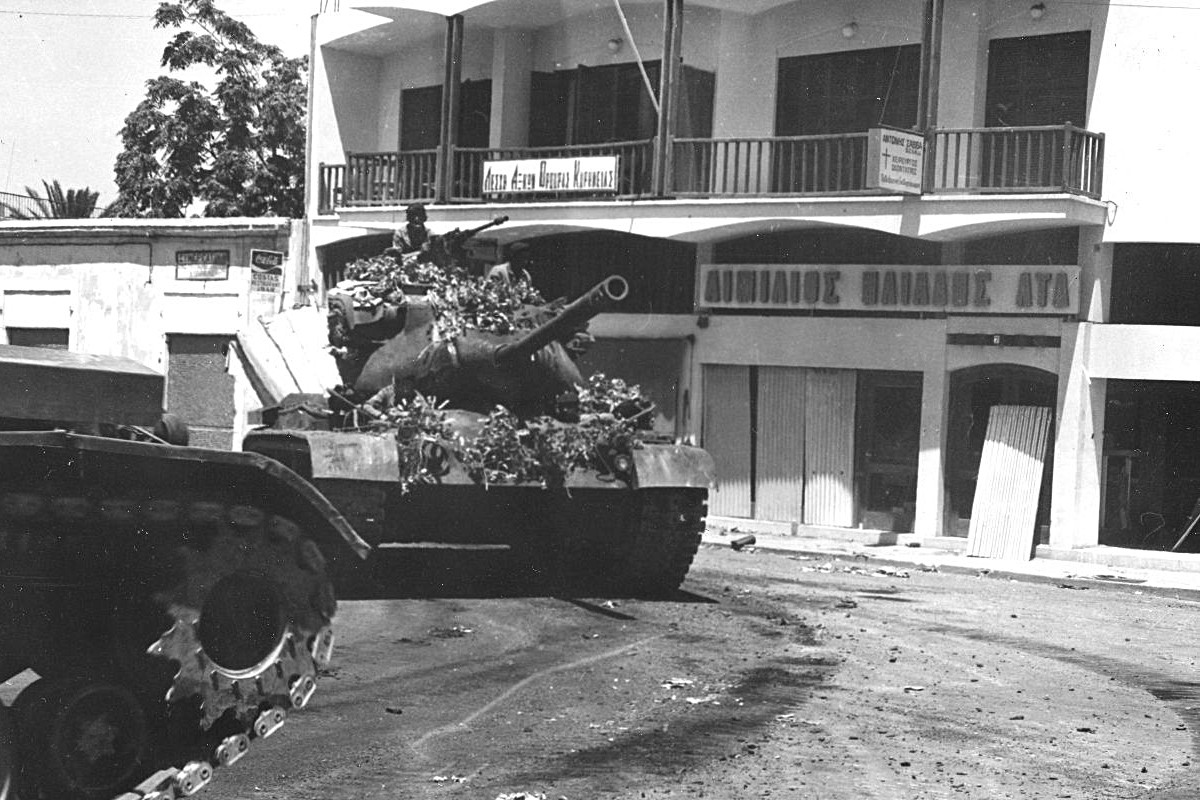
On 22 July 1974, two days after the first Turkish invasion, the then Prime Minister of Turkey had peddled the lie that, in response to a short-lived coup in Nicosia backed by the junta then ruling Greece, Turkish forces had launched a ‘pacific operation’ for ‘the sole purpose’ of fulfilling Turkey’s treaty obligations ‘to safeguard the independence, territorial integrity and security of the Republic of Cyprus’. (See UN Security Council Document S/11356.)
But history proves that Turkey acted contrary to this Prime Ministerial assurance and in contempt of the rule of law. This is illustrated by its flagrant breaches of the UN Charter, the Geneva Conventions, the European Convention on Human Rights and so many other post-1945 international treaties introduced in the aftermath of the Hitlerite aggressions of previous years.
By 24 July 1974, the coupist regimes in Athens and Nicosia had both been replaced and on 9 August 1974, a ‘Conference on Cyprus’ began in Geneva, under UN auspices, with delegations from the UK, Greece, Turkey and the Republic of Cyprus. Turkey proceeded to issue its obscene ultimatum: the manufacture of a northern Turkish ‘zone’ spread across approximately 34 per cent of the territory of the Republic of Cyprus, the forcible segregation of its citizens along ethno-religious lines, the formation of autonomous ‘Greek’ and ‘Turkish’ administrations and the creation of a weak ‘federal’ government. This ultimatum was in line with pre-1974 Turkish strategy.
This preposterous demand was, of course, rejected by the Cypriot government and, thus, Turkey scuppered the ‘Conference’ in the early hours of 14 August 1974. So what Ankara could not achieve at the Geneva ‘Conference’ it attempted to implement by brutal force of arms. What followed was further territorial aggression with the expansion of the bridgeheads Turkey had illegally established in Cyprus in July 1974.
Once again, Turkey committed brutal atrocities against citizens of the Republic of Cyprus of Greek and Christian heritage, but on a much wider scale. Once again, the world stood by as Turkish forces invaded, bombed, murdered, tortured, raped and pillaged their way through the northern area of the Republic of Cyprus. Details appear in a two-volume Report of the European Commission of Human Rights, as adopted on 10 July 1976 and eventually declassified by the Council of Europe on 31 August 1979.
Ankara had no pretext and no excuse to justify its latest blatant land grab against the Republic of Cyprus and its abhorrent crimes against Greek and Christian Cypriot citizens.
• ‘The terrible secrets of the Turkish invasion of Cyprus’
• ‘Shock report from Cyprus on the Turkish invaders’
• 46 years of Turkish occupation in Cyprus
• Cyprus 1974-2020: 46 years of destructive provocation by Turkey
Turkey’s intention was clear: the creation of a de facto Turkish-occupied zone over which it would exercise ultimate control; and the preparation of de facto ‘bi-zonal’ conditions in readiness for their legalisation by a ‘peace agreement’ creating a ‘federation’.
Turkey’s two invasions amounted to little less than total catastrophe for the people of the Republic of Cyprus, particularly the Greek and Christian citizens of the Republic who constituted 80 percent of the total population. Yet, it was also a catastrophe for the Turkish and Muslim citizens of the Republic. Many were forcibly uprooted from their homes by Turkey or its local agents and coerced into inhabiting the Turkish-occupied zone, where they would soon be outnumbered by colonists brought over from Turkey.
All of which was in flagrant breach of the UN Charter, international humanitarian law and European human rights law.
Under Article 49.1 and Article 49.6 of the Fourth Geneva Convention of 1949:
‘Individual or mass forcible transfers, as well as deportations of protected persons from occupied territory to the territory of the Occupying Power or to that of any other country, occupied or not, are prohibited, regardless of their motive. …
‘The Occupying Power shall not deport or transfer parts of its own civilian population into the territory it occupies.’
Under Article 8.1 of the European Convention on Human Rights 1950 regarding the right to respect for private and family life:
‘Everyone has the right to respect for his private and family life, his home and his correspondence.’
Under paragraph 1 of Additional Protocol 1 of the European Convention regarding protection of property:
‘Every natural or legal person is entitled to the peaceful enjoyment of his possessions.’
In 1974, Turkey flagrantly ignored these key provisions of international law.
During and after Turkey’s two invasions of 1974, thousands of Cypriots were killed or injured – contrary to both international humanitarian law and human rights law. More than 1,000 Cypriots of Greek and Turkish heritage are still listed as ‘missing’ or ‘disappeared’. In this regard, it is hardly surprising that Turkey has never signed let alone become a state party to the International Convention for the Protection of All Persons from Enforced Disappearance of 2006.
Since 1974, approximately 170,000 forcibly displaced Cypriot citizens of Greek or Christian heritage have been denied their right to return home. In line with an illegal Turkish scheme, citizens have been arbitrarily segregated from one another – contrary to the prohibition against apartheid found in the International Convention on the Suppression and Punishment of Apartheid of 1973, Additional Protocol 1 of 1977 to the Geneva Conventions of 1949 and the Rome Statute on the International Criminal Court of 1998. Revealingly, Turkey has failed to sign let alone become a state party to these three instruments of international law which explicitly prohibit and, indeed, criminalise apartheid.
Against this backdrop, the Hellenic and Christian cultural heritage of the Turkish-occupied northern zone has been plundered, vandalised and almost entirely extinguished – contrary to the Fourth Geneva Convention of 1949 and the Hague Convention for the Protection of Cultural Property in the Event of Armed Conflict of 1954.
In 1983, Ankara established and, since then, has continued to prop up an illegal subordinate regime in the area it continues to occupy – contrary to UN Security Council Resolutions 541 of 1983 and 550 of 1984.
The list of illegalities is endless.
Political and legal responsibility for the Cyprus tragedy lies heavily with those who allowed or encouraged Turkey’s abhorrent actions. Over the years, some have led us to believe that the United Nations, the UK and the US were caught off-guard by Turkey’s two invasions and occupation – that they were neutral, indifferent, incapable or incompetent bystanders to the terrible sequence of events that unfolded as Turkish forces, using sophisticated US and other NATO weaponry, invaded and swept through the virtually undefended Republic of Cyprus. This was a fallacy.
It is also a fallacy that the US was incapable of acting as it was distracted by the Watergate scandal, as US Secretary of State Henry Kissinger claimed in his autobiography. But while Kissinger is roundly and rightly condemned by many for the part he played in the disaster inflicted on the Republic of Cyprus and its people, the malevolent, cruel and destructive role of British Foreign Secretary James Callaghan should not be understated. Declassified documents reveal that the biggest ‘villain’ in 1974 was not Kissinger (as is widely believed) but Callaghan who secretly sympathised with the establishment of an ethnically cleansed Turkish-occupied zone. Kissinger eventually agreed with Callaghan but it was Callaghan who was the main supporter of such an objective, with Kissinger as his willing partner. This is not to downplay the ‘villainy’ of Kissinger but to put it into proper context.
There is plenty of authoritative evidence to support this reality. A key example is an official declassified FCO transcript of a telephone conversation between British Foreign Secretary James Callaghan and US Secretary of State Henry Kissinger, in the presence of US President Gerald Ford, not only exposes that they were fully aware of Turkey’s intentions but that they clearly endorsed the second invasion of the Republic of Cyprus. The following is the crux of the UK-US agreement reached over the telephone on the afternoon of 14 August 1974, a few hours after Turkey launched its second brutal invasion.
Foreign Secretary Callaghan: ‘Well, I was just thinking – I think in military terms, obviously the Turks will carry on until they have got this line that they have figured out on the map, and cynically, let’s hope they get it quickly.’
US Secretary of State Dr Kissinger: ‘I agree.’
Callaghan: ‘You’re not going to act, we’re not going to act unilaterally and the UN is going to get out of the way.’
‘Henry, if I can put the position in a nutshell, I think it comes to this: that the Turks have got a good case. In my view this can now only be resolved by the creation of a zone. A zone in which they will have autonomy within a federal republic. This could be got by negotiation but in the temper of today, no one can begin to get anything like this. And so you have a military solution for the time being, in which they will police their own boundary. You’ll have a great exchange of population with the Greeks moving out and we’ll then just let diplomacy take over when we see the opportunity once more, to see if we can get a peaceful solution in the island. Now as regards Greece and Turkey, it is Greece who will need massaging because the Turks are too jingoistic, indeed too close to Hitler for my liking. All right?’
Kissinger: ‘I completely agree with you, Jim. And the tragedy is that it could have worked out that way through diplomacy…’
Callaghan: ‘I believe you. Well, goodbye old man and all the best to you with your pre-occupations…‘
Source: PREM 16/20, National Archives of the United Kingdom, Kew Gardens, Surrey, as quoted in Klearchos A. Kyriakides, The Search for Security via Answers to Questions on Law, Criminal Justice and Impunity, Agora Dialogue, 17 June 2017, page 5.
The words of Callaghan and Kissinger are a stark reminder that secret deals, hypocrisy and naked appeasement brought disaster to Cyprus. They also remind us that, instead of upholding the rule of law, the UN has allowed itself to join the UK and the US as a co-facilitator of Turkish policy which seeks to legalise the illegal de facto realities manufactured by force.
The Callaghan-Kissinger scheming has likewise contributed to what we have seen unfold at the hands of Erdogan’s Turkey since Mr Erdogan’s rise to executive power in 2003: the infliction of additional large-scale human rights abuses, the gradual deepening of Islamist authoritarianism, the sustained use of gunboat diplomacy and the prevalence of neo-colonial expansionism.
The ongoing toleration of impunity by those organisations and countries that purport to be defenders of human rights and international law, their fostering of ‘bi-communal’ as well as ‘bi-zonal’ forms of segregation and the unending occupation by Turkey of the north of the Republic of Cyprus not only continue to threaten citizens of the Republic in a member state of the Commonwealth, the Council of Europe and the European Union. Such appeasement also threatens the very concept of liberal democracy.
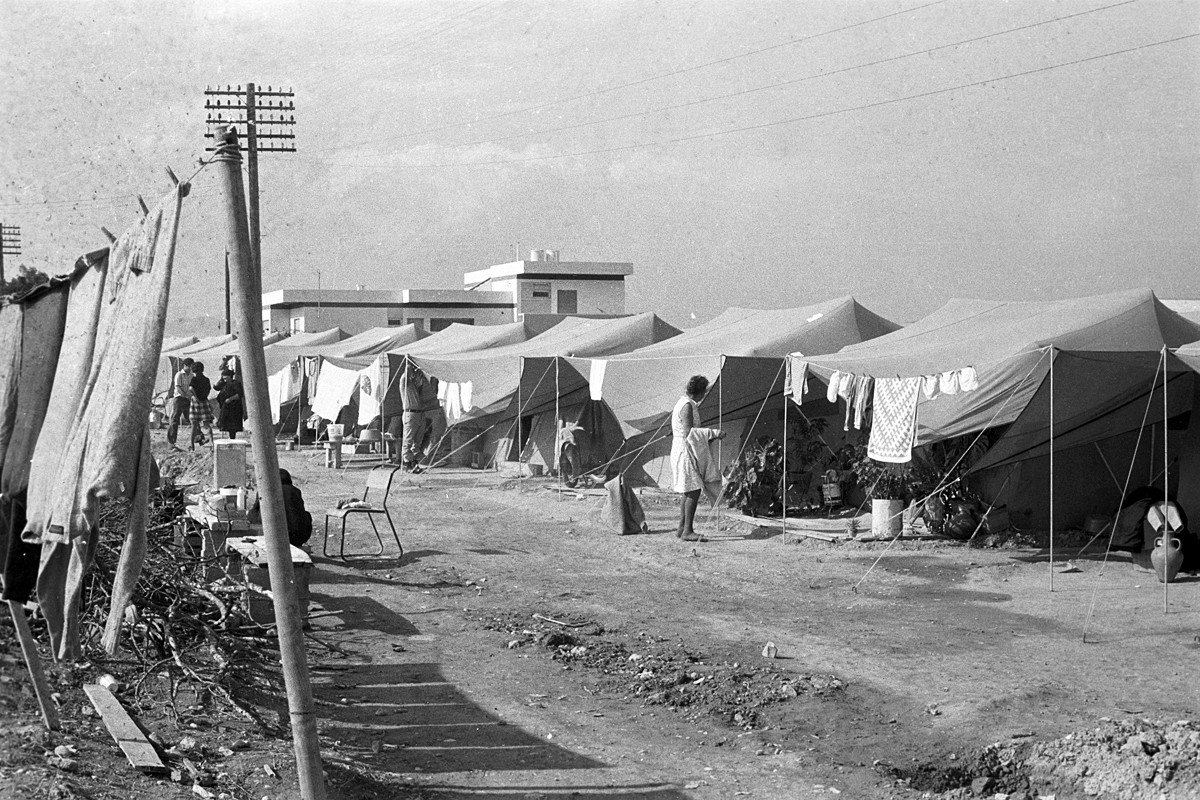

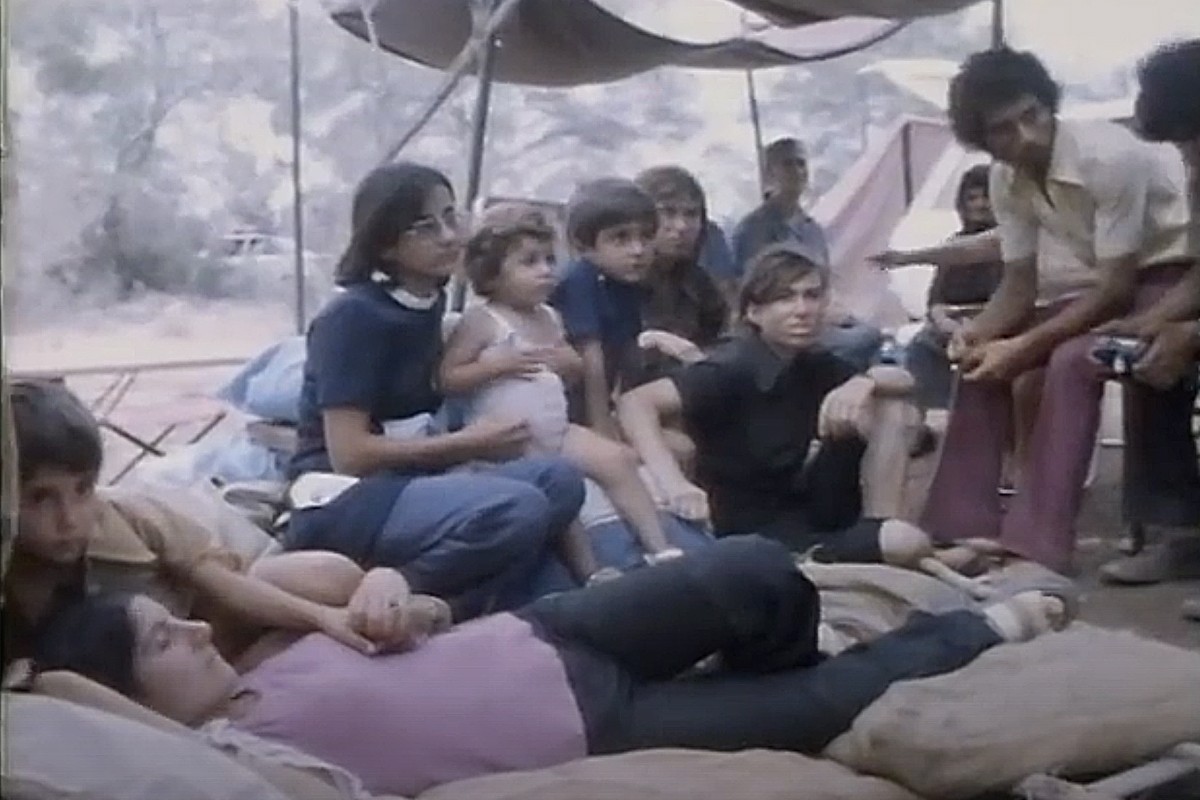
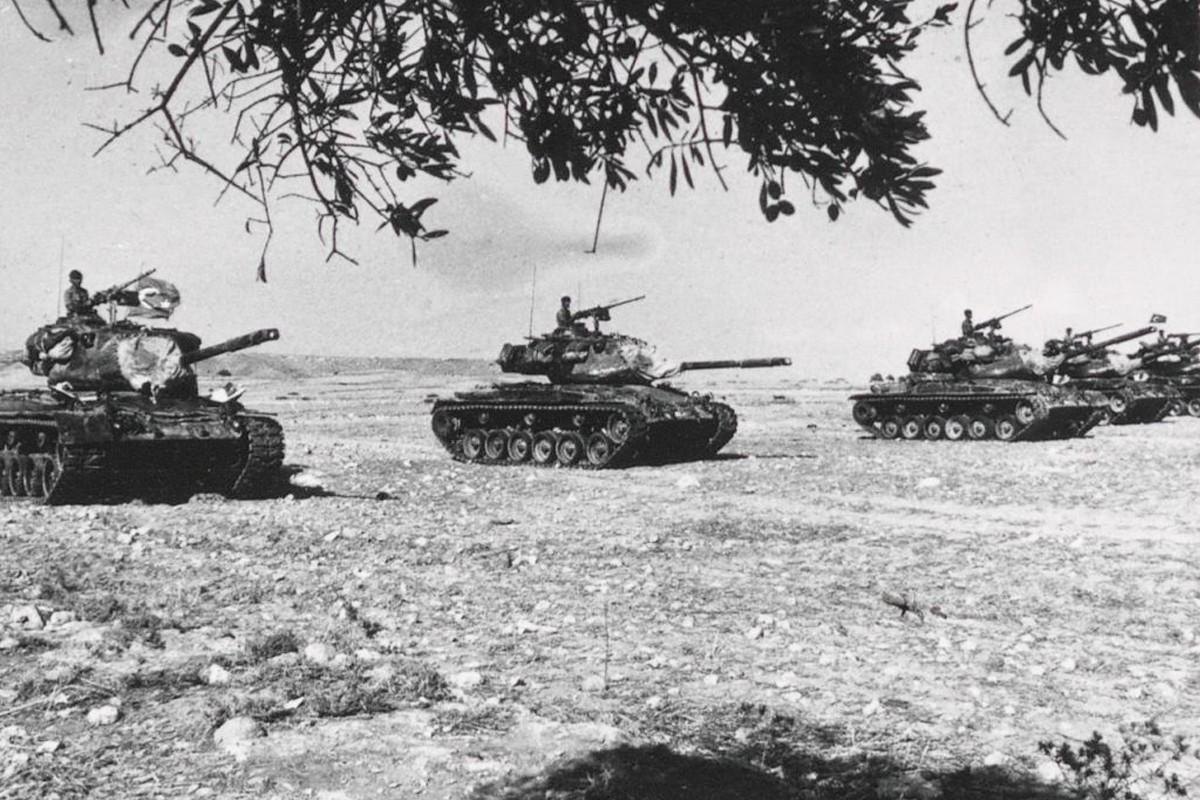
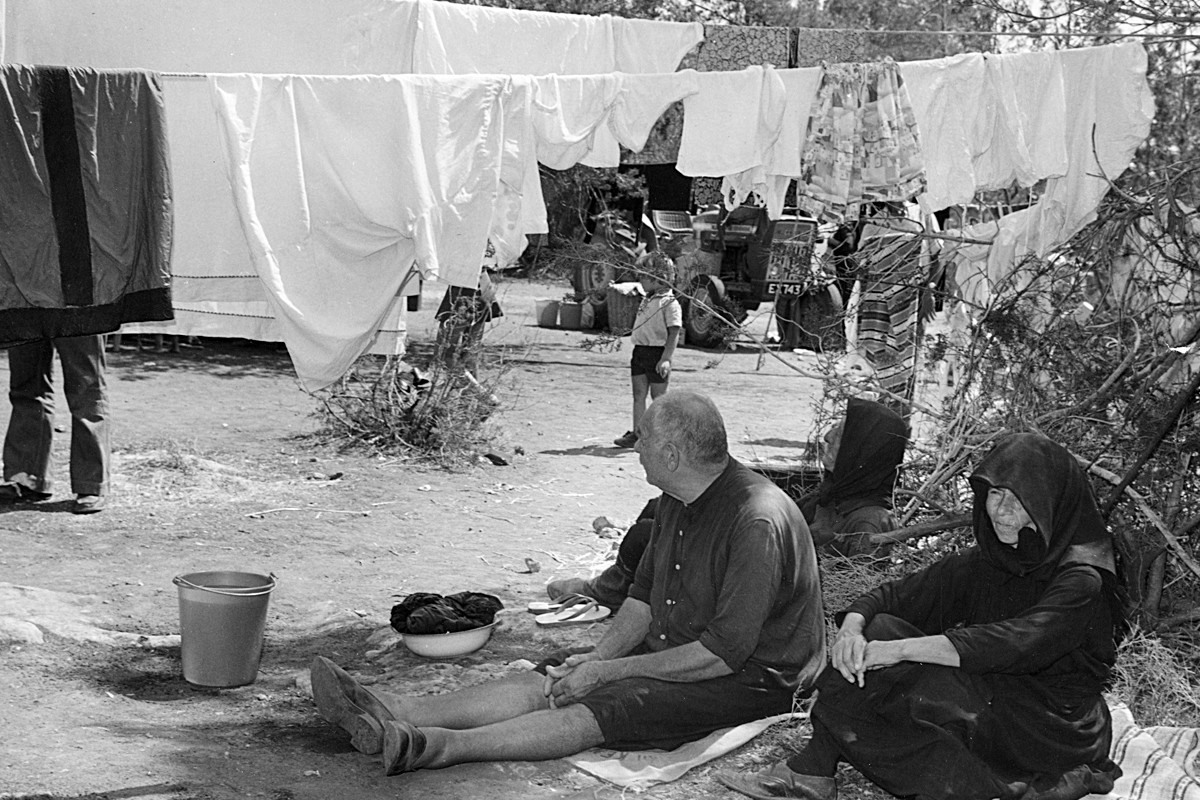
In 1974 Turkish troops invaded the Republic of Cyprus, in order to establish a de facto Turkish-occupied northern zone. Approximately 170,000 Cypriots of Greek origin were forcibly displaced and are still denied their right to return by Turkey.
As for the second Turkish invasion launched on 14 August 1974, it remains an affront to the rule of law and an unwashed stain on the conscience of humanity.
In 1974 Turkish troops invaded the Republic of Cyprus, in order to establish a de facto Turkish-occupied northern zone. Approximately 170,000 Cypriots of Greek origin were forcibly displaced and are still denied their right to return by Turkey. (Click on photos to enlarge and for captions.)
Acknowledgment: Lobby for Cyprus expresses its gratitude to Klearchos A. Kyriakides for his assistance in relation to the preparation of parts of this statement.
Lobby for Cyprus is a non-party-political human rights organisation that campaigns for a unitary Cypriot state without segregation along ethnic and religious lines.

The 14th of August is indeed a stain on the conscience of humanity.Unfortunately they stood by and watched all the atrocities committed by Turkey against innocent people The 20th of July as well as the 14th of August are tragic anniversaries of national catastrophe,anniversaries for reflections and mistakes that led our Island in this catastrophe. It is with great sorrow that we remember the dead,the missing people,and the people they became refugees in their own Country We hope for a solution that is going to reunite our Country and it’s people as as a whole